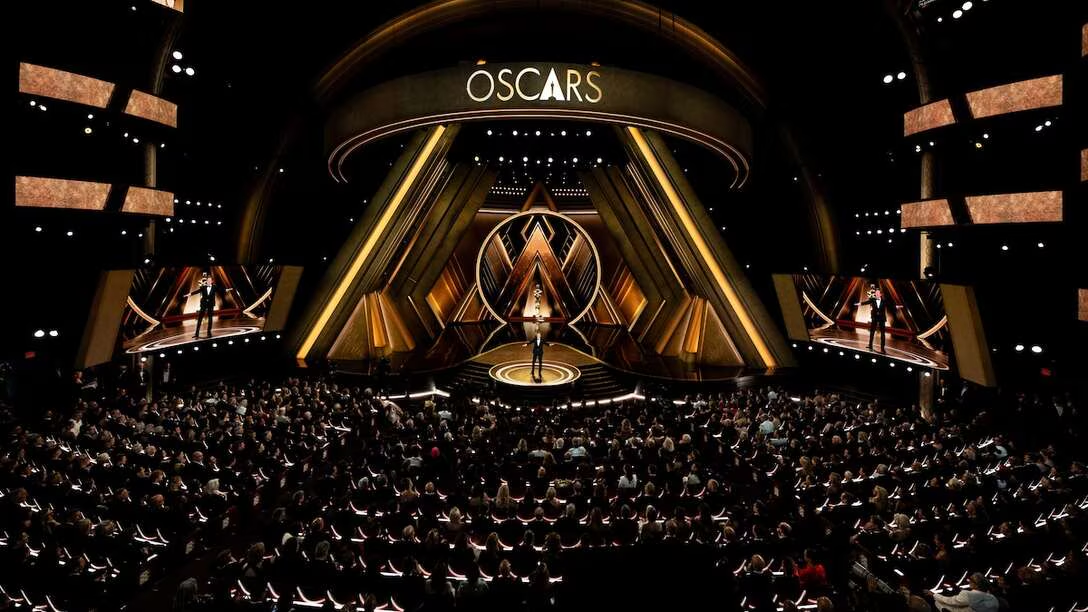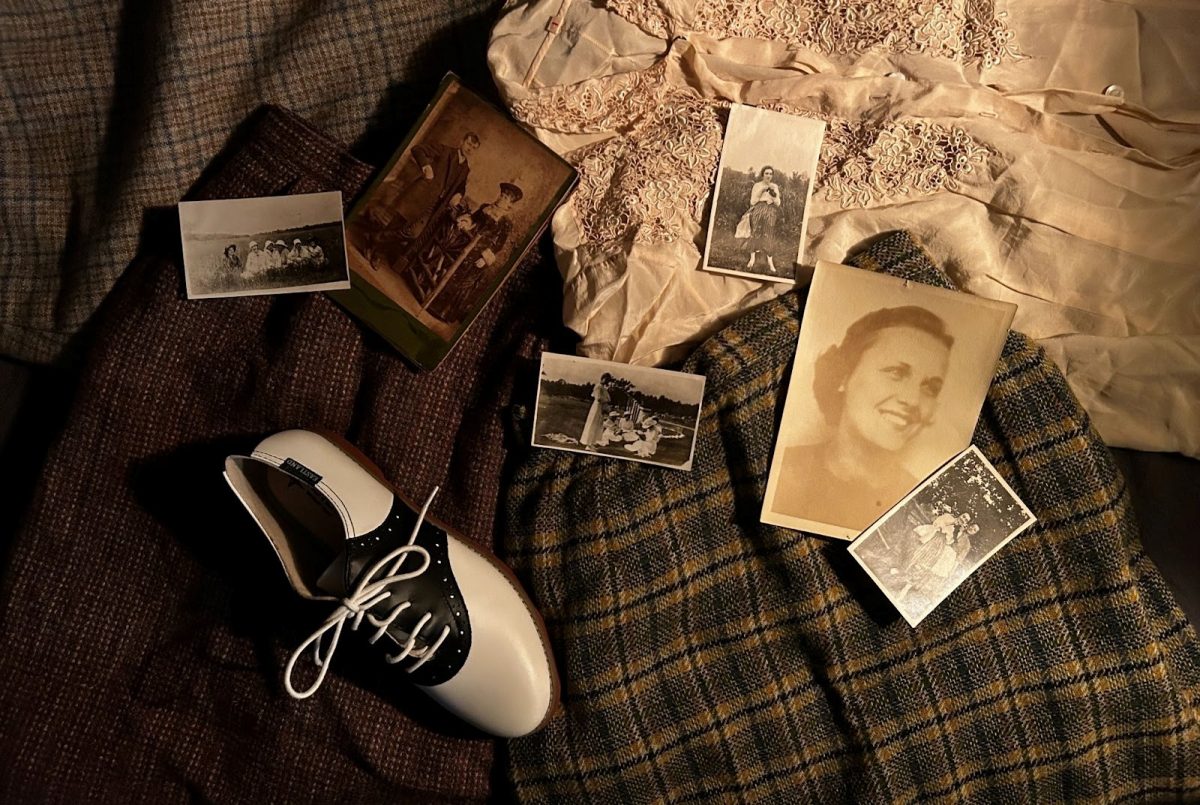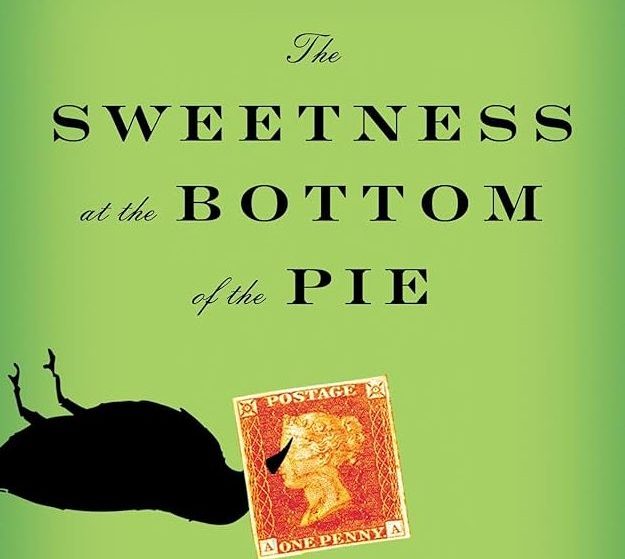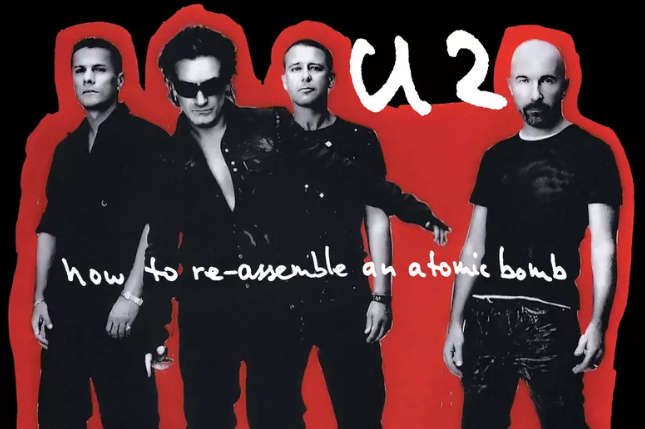Our summer was a festive parade of pink and glitter, of glitz and glam, all in the name of one film: Barbie. Directed by Greta Gerwig, known for her films Lady Bird and Little Women, and starring the dazzling Margot Robbie (Barbie) and the charmingly comical Ryan Gosling (Ken), Barbie became a box office success overnight, and, now, is the current face of feminism. The film itself tells the story of Stereotypical Barbie, with her blonde hair extensions and rosy lipstick, venturing out into the real world to solve a beauty malfunction. However, her experience in Los Angeles reveals to her the misogyny running rampant in the United States, and upon her return to Barbieland, she is shocked by how her once-matriarchal Barbie society transformed into a disturbing Californian replica, all due to the greed of the airheaded Kens. With its tagline “she’s everything, he’s just Ken,” and the emotional rant about the female experience from Mattel employee Gloria (played by America Ferreira), Barbie has positioned itself in the spotlight for a feminist movement that has seemingly fallen flat over the last couple of decades – ironic, given the doll’s stereotype about propagating harmful beauty standards. Of course, this controversy, among others, was addressed in the film, arguing instead Barbie’s intention was to uplift young girls.
A more fascinating controversy addressed in Gerwig’s film is the capitalistic intentions of Mattel, the corporation behind this supermodel figure. Towards the end of the film, when Gloria suggests to the Mattel CEO a “Normal Barbie” model to teach girls that they can just be themselves, the CEO responds with mockery, only to change his mind when his assistant runs the numbers and informs him that this idea would make millions. While these self-deprecating jokes do earn laughs from the audience, their true purpose serves to hide Mattel’s profit-driven intentions with Barbie behind a veil of comedic relief.
For centuries, capitalism has undeniably harmed women. While we are over exploited in the workplace due to the gender pay gap, male-dominated atmospheres, and the weight of lingering stereotypes, we are also burdened with the responsibility of the domestic sphere. To this day, women are still not equally paid in the workplace in the United States, and every year, women and girls are trafficked and exploited due to this capitalistic, money-making structure. Mattel, as a major corporation, is no angel in this domain either, and Barbie hides this fact in plain sight, but that doesn’t erase its validity: how can feminism and capitalism coexist in this Barbie metaverse? Can a feminist film produced by a capitalistic corporation genuinely be labeled as feminist?
Mattel could have had only one intention with the film Barbie: to produce revenue, which was an admirable success. As of August, Barbie has collected $1.3 billion dollars in the box office, compared to their once-shocking budget of $145 million dollars, meager in comparison. Not only this, but Barbie doll sales have risen dramatically since the movie’s debut in July. The film makes a point to showcase the various vintage Barbie outfits that are now back on sale, and, simply put, this advertising is working. Due to this success, Mattel plans on creating a movie based on a different doll, Polly Pocket, starring Lily Collins.
This plan for Polly Pocket raises a critical question: Did Mattel use Barbie’s political message simply to gain viewership? It’s common sense that women account for roughly 50% of the national and global population, so by creating a film deeply ingrained in the shared trauma of the female experience, Mattel could expect a large audience of feminists, Barbie doll fans, and simply put, women, in theaters to see their experiences validated. Now, this audience may be inclined to purchase Barbie products and to watch future Mattel films. If Mattel used this powerful political commentary as bait to generate revenue, then Barbie should be deemed not as a love letter to all women, but rather a mockery.
Alternatively, another question arises: Just how much say did Mattel executives have in the script writing and directing of Barbie? Greta Gerwig tells the New York Times, “My hope for the movie is that it’s an invitation for everybody to be part of the party and let go of the things that aren’t necessarily serving us as either women or men. I hope that in all of that passion, if they see it or engage with it, it can give them some of the relief that it gave other people.” Gerwig’s vision with Barbie was to lift the burden of womanhood off of women’s shoulders, and rather celebrate the beauty in their femininity. In a capitalistic society, and in a modern world where American cinema goes hand in hand with capitalism, there isn’t much opportunity for film to be progressive and feminist without giving revenue to anti-feminist, pro-capitalist corporations. Must we, as women, seize these few opportunities as they come? Must we, as women, let go of our burdens to be “good feminists” and allow capitalism to profit off of us if that means we can be “part of the party?”
Either way, the beauty in Barbie isn’t the pink glitter, the feminist commentary, or even Mattel’s self-deprecating jokes. When Mattel’s intentions with Barbie are morally ambiguous, we can look to one thing as absolute truth: Barbie isn’t what Mattel created; it’s what we, as women, and as an audience, have created. Whether Mattel’s intentions were rooted in a greedy drive for profit or not, it does not erase the unity women across the globe have experienced as we dressed in our pink outfits and flocked to the theaters to watch a film about our experience with other women in pink outfits. On Barbie’s opening night in Palma, Spain, I could hear a chorus of “Hi Barbie” and “Hi Ken” in the streets as girls and boys alike, greeted each other using one of the film’s taglines. Barbie’s objectives may be unclear, but in our unity brings clarity. In a time of demise for the feminist movement due to the fragmentation and political tensions between various feminist ideologies, we as women have still managed to unify in and rally behind the name of girlhood. The beauty of Barbie is in our creation.






























